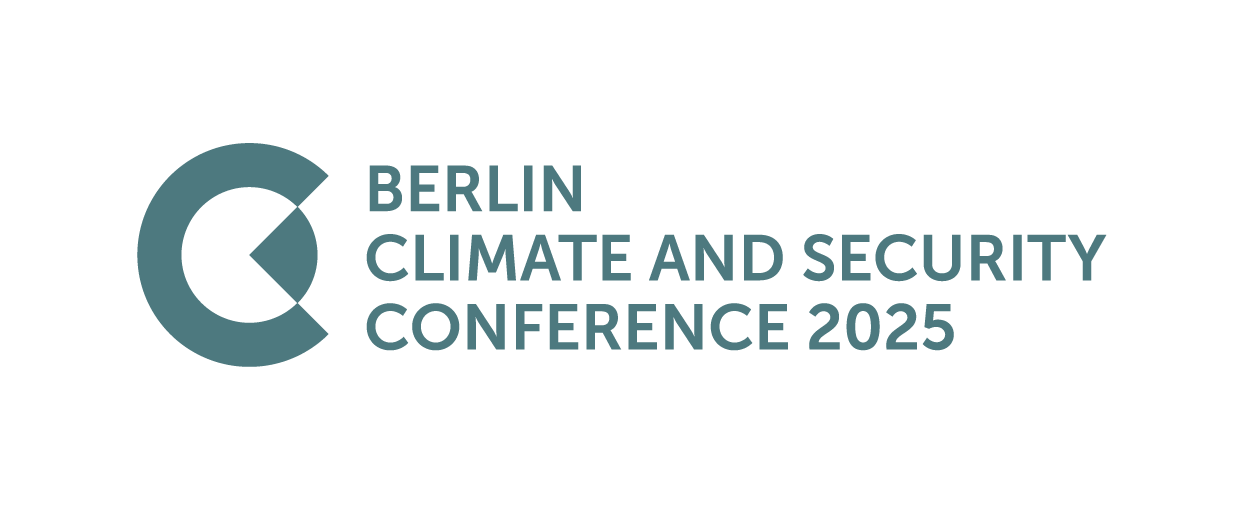Nairobi Statement on Climate Change, Peace, Security and Stability in Africa
We, high level representatives of the Governments of the Republic of Kenya and the Federal Republic of Germany in partnership with adelphi and with participation of the civil society, the academia, climate security experts, and practitioners from international organisations including UN country offices gathered on July 6th 2023 in Nairobi, Kenya, on the inaugural Nairobi Edition of the Berlin Climate Security Conference (BCSC).
Acknowledging that the ever-growing adverse impacts of climate change have deleterious consequences on the sustainability of peace, security and stability across the African continent especially on fragile communities;
Deeply concerned that climate change induced security challenges have not received optimal global attention for action including by strengthening the existing, rich community of practice, and finding better linkages across sectors and regions.
Noting that current global efforts at tackling climate change remain insufficient both in financial scale and urgency to effectively adapt to and mitigate against the deleterious impacts of climate change, and to enhance resilience of affected communities;
Recognizing that continued cumulative impacts of climate related security challenges are causing governments to redirect resources towards addressing emergent pressing issues further straining the limited financial resources; and capacity of governments to alleviate poverty and achieve sustainable development and the SDGs;
Emphasizing the need to enhance collaboration and synergies between governments and all relevant stakeholders to better address the impacts of climate change on international peace and security through diplomacy, development and defence approaches;
Further emphasizing the urgency to escalate implementation of commitments in the Agenda 2063, The Africa We Want, and the UN 2030 Agenda for Sustainable Development including the Sustainable Development Goals, and the Paris Agreement of the UN Framework Convention on Climate Change.
Therefore, we identify the following six priorities for urgent action to adapt to and mitigate against the climate change induced peace and security challenges on the continent:
Mobilising climate finance for peace in Africa: Supporting those communities - including women, girls, youth, the elderly, persons with disabilities, migrants, displaced persons, pastoralists and minorities - whose stability and peace are most affected by climate- and environment-related risks by enhancing their rights to access climate action opportunities and marshalling climate and biodiversity finance into fragile contexts, to better promote inclusive, peaceful and sustainable development;
Climate security risk-informed resilience and adaptation: Engaging Multilateral Development Banks, climate finance institutions and development partners to improve financing of resilience and adaptation in the face of wide ranging climate change and biodiversity loss challenges across Africa by bringing conflict sensitivity and climate security into the heart of discussions and operations, in addition to mitigation efforts, and utilizing context specific solutions informed by comprehensive multisectoral approaches and local realities ;
Climate-security risk informed peace-building: Collaborating to improve operational responses to support stability and peace by firmly integrating climate change and environmental degradation and their impacts into early warning systems, mediation, peace building and keeping and other peace support operations, to promote resilience and avoid a vicious cycle where climate change and environmental degradation worsen drivers of conflict, which in turn increase vulnerability to impacts;
Ensuring the protection of and durable solutions for persons displaced by the impacts of climate change: Fostering partnerships and inclusive approaches to help shape migration policy, governance and practice through integration of people in vulnerable situations including women and the youth through human-rights based approaches to the climate change-migration nexus;
Continued political leadership: Assuring that due to the significant risks posed by climate change to peace and stability, loss of biodiversity and environmental degradation, climate adaptation and mitigation will remain a top priority in the highest levels of government;
Knowledge and experience sharing: Sharing experience, knowledge, information and expertise across all levels of governance to shape and deliver coordinated and inclusive policies and practices that are conflict-sensitive, gender-responsive, and tailored to local conditions and needs of the people.



